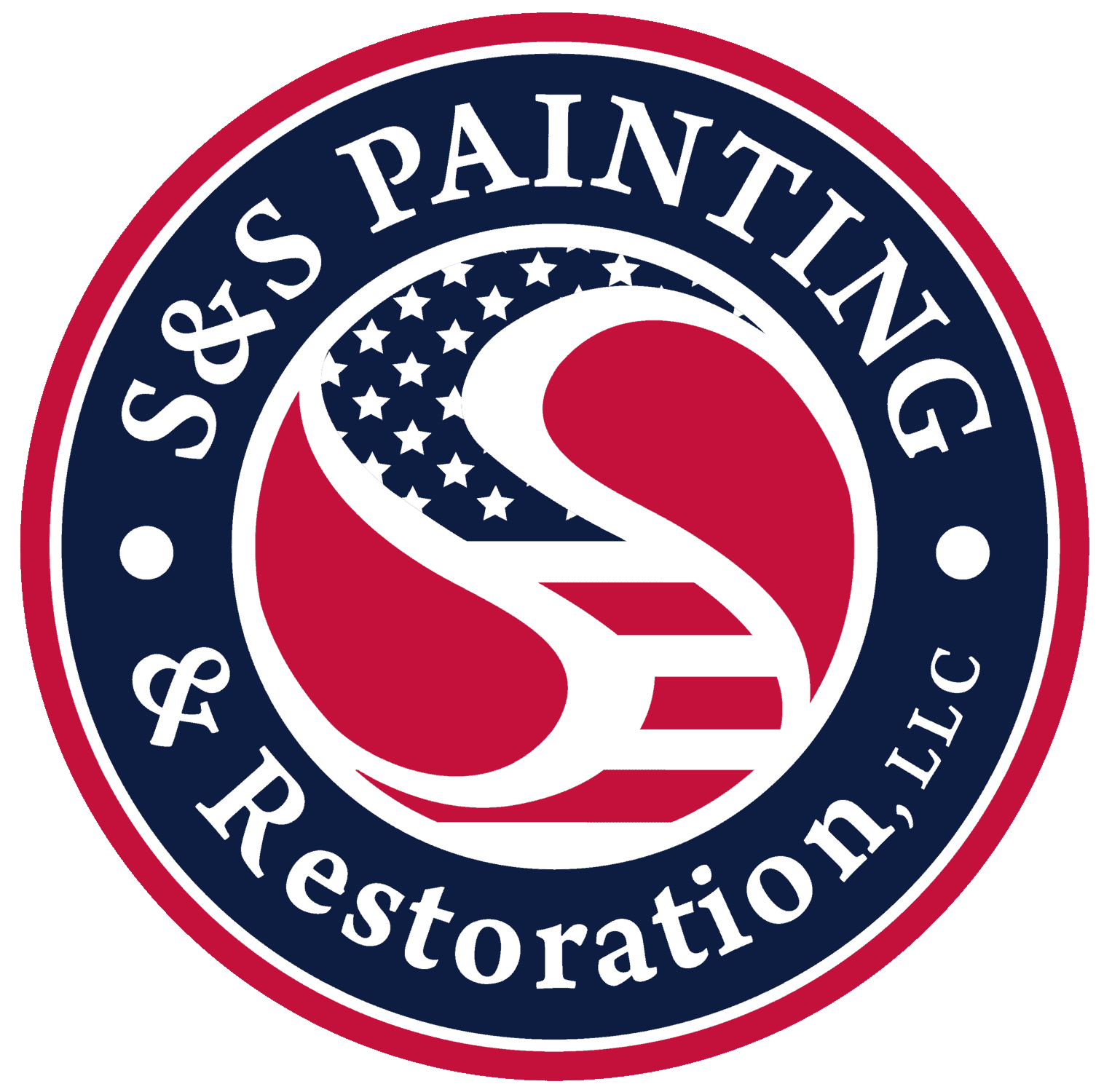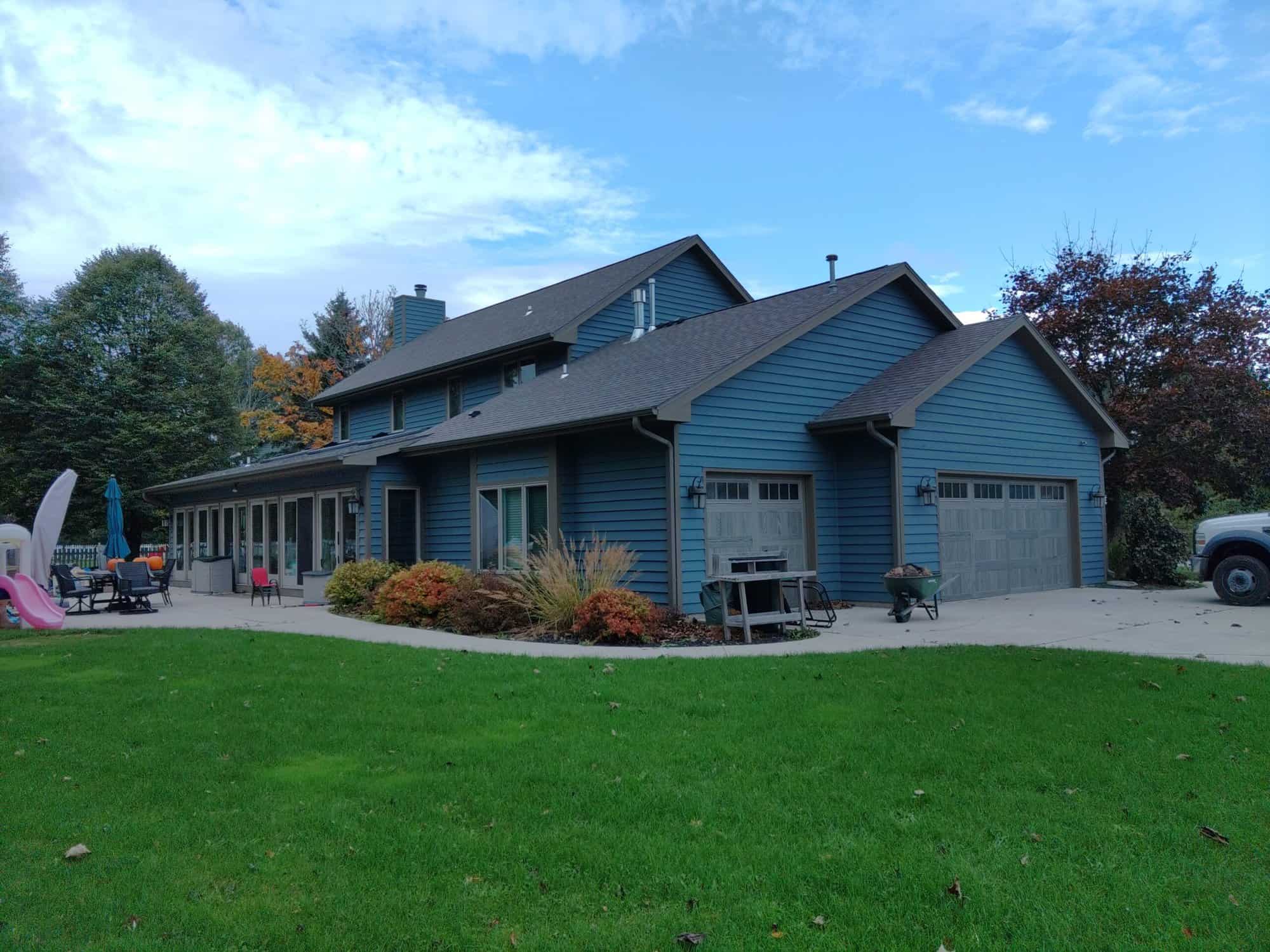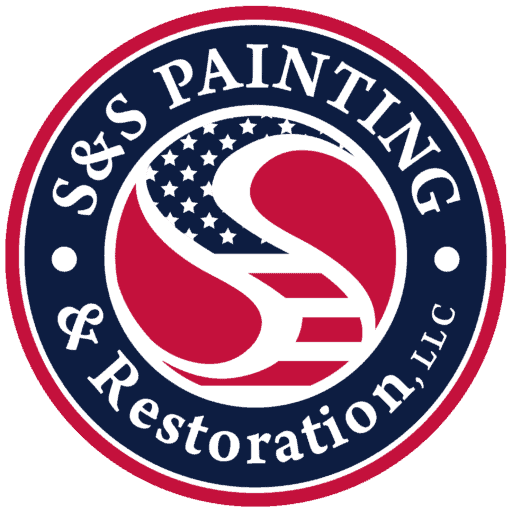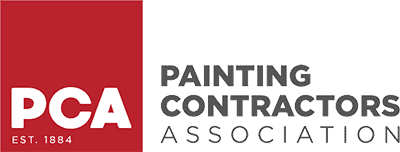When disaster strikes your home, you’re left scrambling to find someone who can restore your space and your peace of mind. Whether you’re dealing with fire, water, or storm damage, finding a home restoration contractor who is trustworthy, experienced, and reliable is crucial. Knowing how to choose a home restoration contractor can mean the difference between a smooth recovery and a costly, frustrating experience.
Key Takeaways:
- Look for contractors with proper licensing, insurance, and restoration-specific certifications.
- Ask detailed questions about experience with your specific type of damage.
- Always get written estimates and check references.
- Choose a contractor who communicates clearly and professionally.
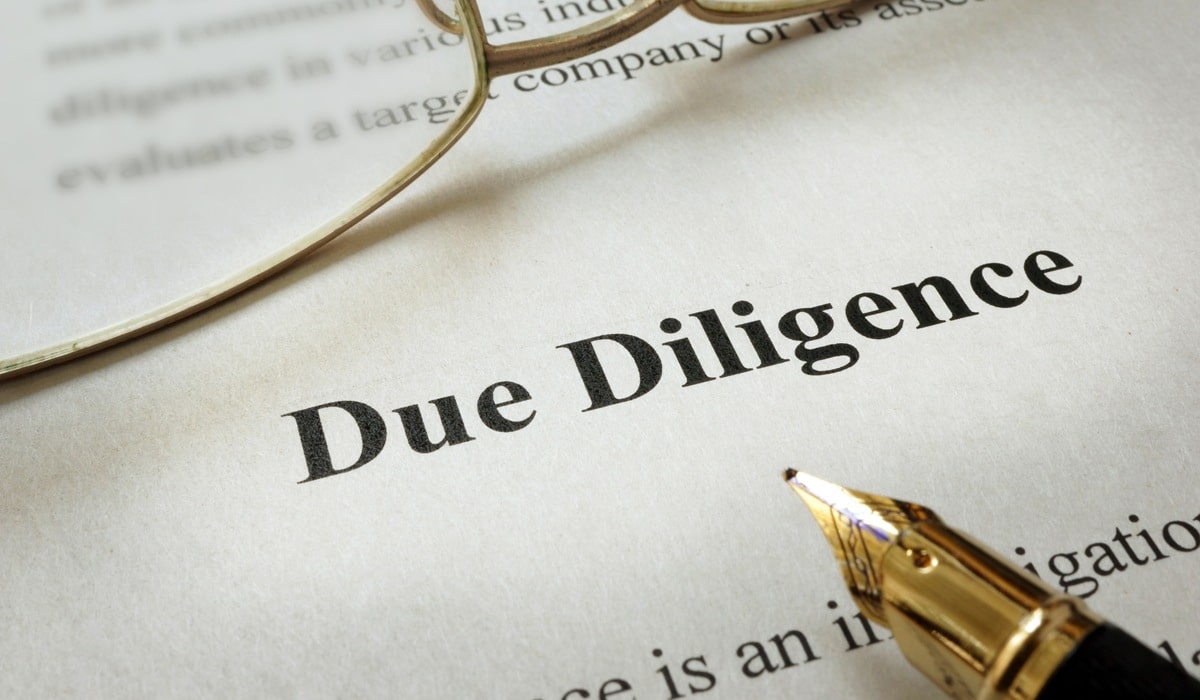
Why Choosing the Right Contractor Matters
Restoring your home is about more than just repairing walls and floors. It’s about regaining a sense of normalcy and safety. A skilled home restoration contractor brings not only technical knowledge but also empathy, speed, and organization. The wrong contractor, on the other hand, can cause delays, overspend your budget, and leave work unfinished or substandard.
Step 1: Start With Credentials
The first thing you should ask any contractor is whether they are licensed and insured. In many states, contractors must hold specific licenses to perform home restoration work. Also, ensure they carry both liability insurance and workers’ compensation. This protects you in case of any accidents or damage during the project.
Look for industry certifications as well. A certified contractor is more likely to follow industry best practices and safety protocols.
Step 2: Ask the Right Questions
During your initial call or meeting, be ready to ask questions that dig deeper than “How much will this cost?” For example:
- Have you handled projects like mine before?
- Do you specialize in any specific types of restoration?
- Can you provide references from recent clients?
- What’s your typical timeline for a project like this?
- Will you handle all aspects of the job or subcontract parts out?
These questions help you understand whether the contractor has real-world experience with your particular situation and how they manage their projects.
Step 3: Request and Compare Written Estimates
Any reputable home restoration contractor will provide a detailed written estimate. This should outline labor, materials, timelines, and any contingencies for unexpected issues. Don’t just go with the lowest bid. A surprisingly cheap quote could indicate cut corners or hidden fees down the line.
Comparing several estimates can give you a clearer picture of what’s standard in your area. Look for transparency in pricing and a clear explanation of what’s included.
Step 4: Check Reviews and References
Online reviews are a good place to start, but don’t stop there. Ask the contractor for direct references and make the calls. Ask past clients about their satisfaction, the quality of the work, and whether the job was completed on time and within budget.
Also, check with the Better Business Bureau and local licensing agencies for any complaints or disciplinary actions against the contractor.
Step 5: Look for Strong Communication
The best contractors are excellent communicators. They explain the process, answer your questions, and set clear expectations. If you’re struggling to get a callback or can’t get straight answers early on, it’s a red flag.
A contractor who is easy to reach and keeps you updated throughout the process will make your home restoration far less stressful.
Step 6: Prioritize Local Experience
Hiring a contractor who is familiar with local building codes, permit requirements, and weather-related damage can be a big plus. Local contractors also tend to have relationships with area suppliers and tradespeople, which can speed up the process and reduce costs.

Bonus Tip: Red Flags That Signal It’s Time to Walk Away
Even if a contractor looks good on paper, certain red flags should give you pause. Watch out for:
- High-pressure sales tactics – A trustworthy contractor will give you time to make a decision.
- No written contract – Verbal agreements are risky. Always insist on a contract.
- Unrealistically low bids – These often lead to hidden fees or subpar materials.
- Lack of communication – If they’re hard to reach now, it won’t get better later.
- Negative or vague references – Don’t ignore a gut feeling if something doesn’t seem right.
If any of these signs pop up, take a step back and consider other options. The right contractor should make you feel confident, not anxious.
Final Thoughts: Take Your Time to Choose Wisely
You might feel pressure to move fast, especially if you’re living in a damaged home or have time-sensitive repairs. But taking just a few extra days to thoroughly vet your home restoration contractor can save you months of headaches.
Trust your instincts, do your research, and don’t be afraid to ask tough questions. The right contractor will respect your due diligence and prove their value through transparency, professionalism, and quality work.
Need help choosing a contractor you can trust? S&S Painting & Restoration specializes in full-service home restoration with certified professionals ready to handle fire, water, and storm damage. Call us today at 920-332-5772 to schedule a free consultation and get your home back to normal.
